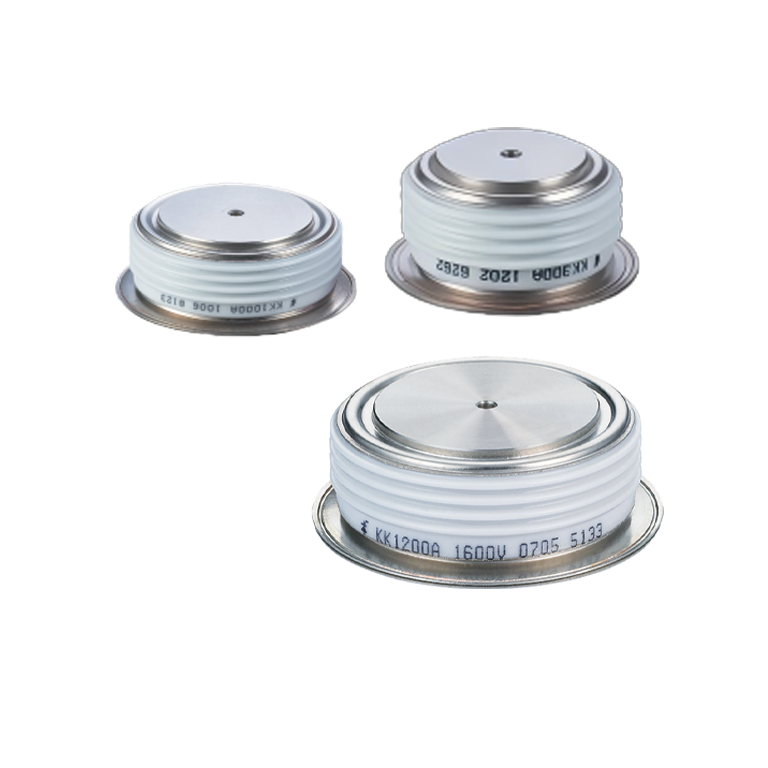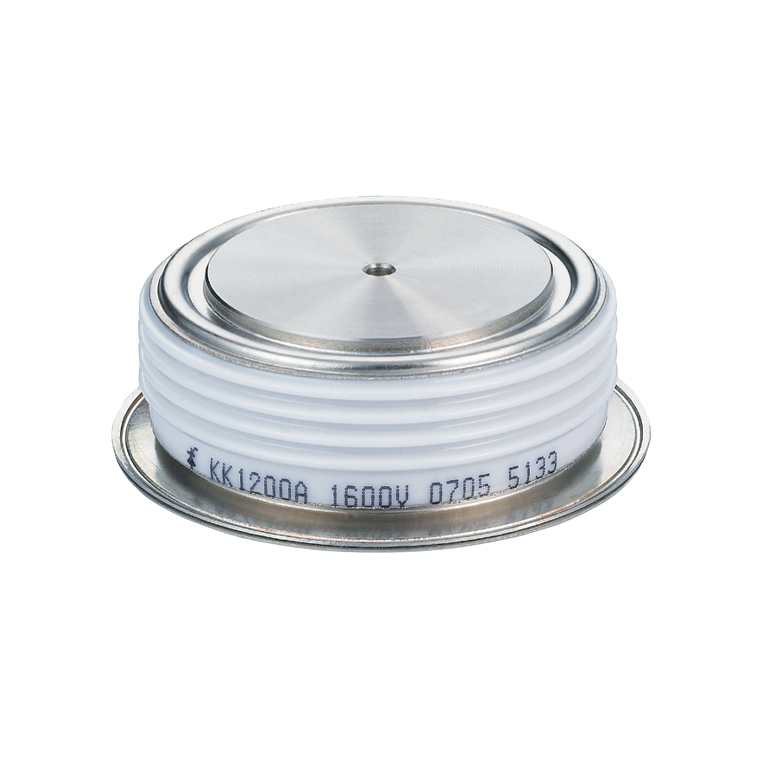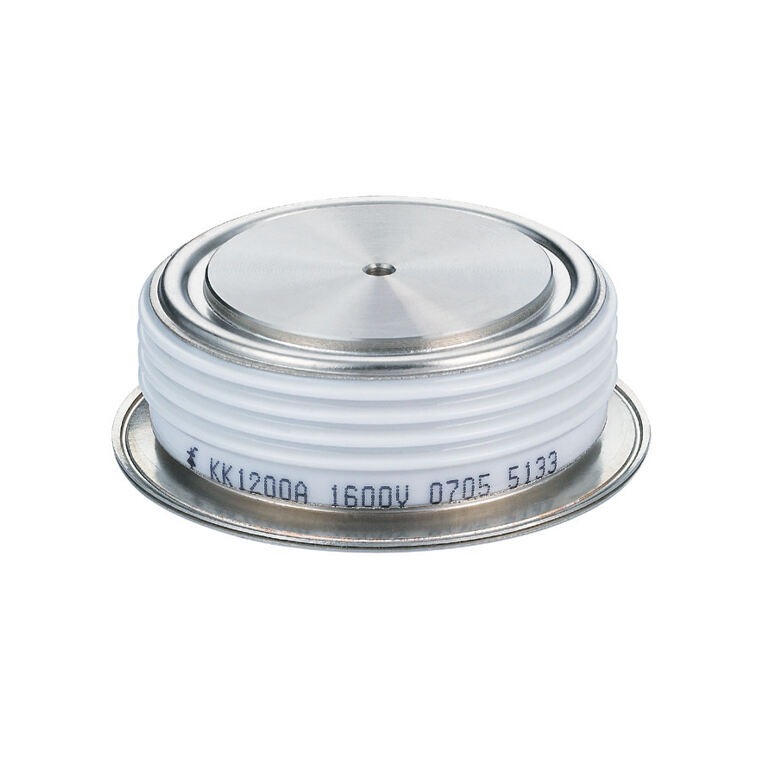industria de la automatización de procesos robóticos
La automatización robótica de procesos (RPA) representa una tecnología transformadora que utiliza robots de software para automatizar procesos y tareas repetitivas empresariales. Esta industria ha revolucionado la forma en que las organizaciones manejan operaciones rutinarias mediante el despliegue de trabajadores digitales capaces de imitar acciones humanas, interactuar con sistemas digitales y procesar datos con una precisión y velocidad sin precedentes. Las soluciones RPA pueden navegar por múltiples aplicaciones, interpretar datos, activar respuestas y comunicarse entre sistemas, manteniendo un rendimiento constante las 24 horas del día, los 7 días de la semana. La tecnología incorpora capacidades avanzadas como inteligencia artificial, aprendizaje automático y procesamiento de lenguaje natural para manejar tanto datos estructurados como no estructurados. En la práctica, RPA tiene aplicaciones en diversos sectores, desde servicios financieros y atención médica hasta manufactura y comercio minorista. Estas soluciones pueden gestionar tareas que van desde la entrada simple de datos y el procesamiento de facturas hasta operaciones complejas como la gestión de servicio al cliente y la elaboración de informes de cumplimiento regulatorio. La industria ha evolucionado ofreciendo soluciones de automatización asistida y no asistida, donde los robots pueden trabajar junto a empleados humanos o funcionar de manera independiente en entornos virtuales. Con avances tecnológicos continuos, las plataformas RPA ahora incluyen analíticas sofisticadas, capacidades de minería de procesos e inteligencia en el procesamiento de documentos, convirtiéndose en herramientas indispensables para iniciativas de transformación digital.


